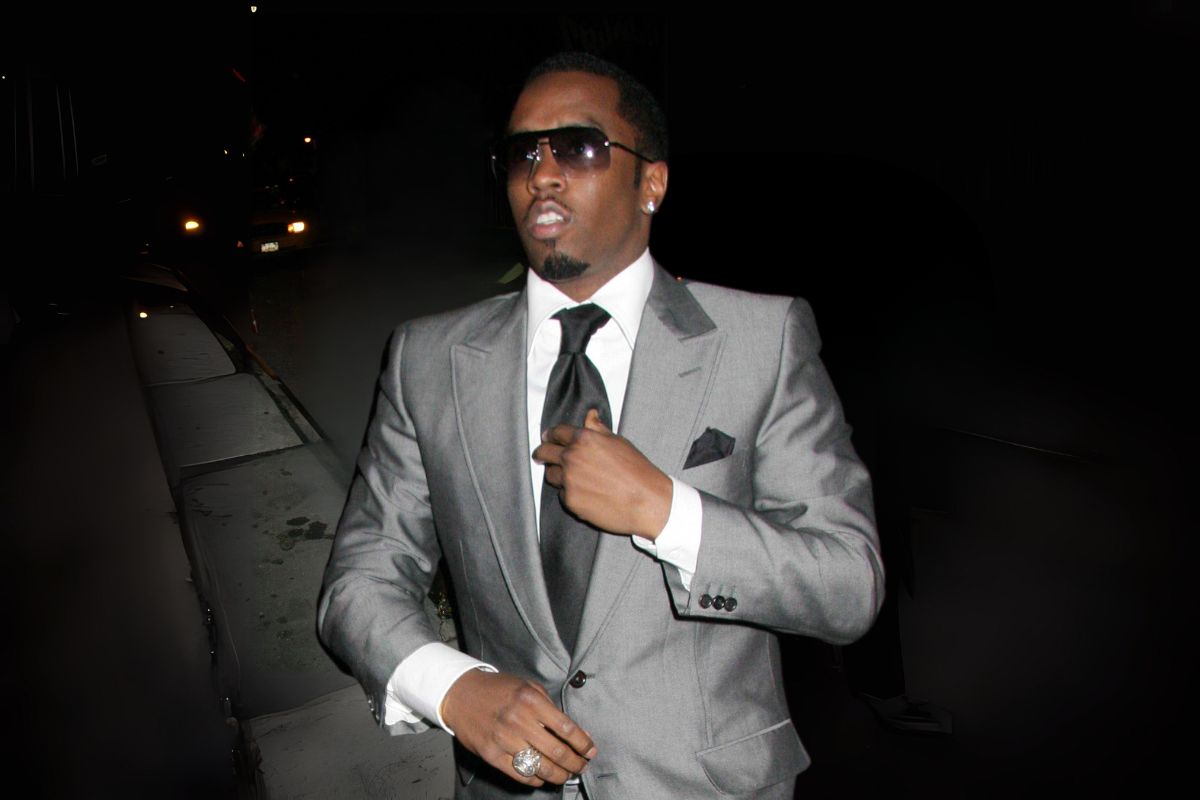Sean “Diddy” Combs is not giving up without a fight.
Once again, the music mogul’s lawyers are trying to spring him from the Metropolitan Detention Center with a new argument before the United States Court of Appeals for the Second Circuit.
Diddy and his legal team seeking to overturn a decision that has kept him locked behind bars since September 17 on charges sex trafficking charges in a sweeping RICO case.
With his legal team pressing for his immediate release on bail, Diddy is determined to prove that he is neither a flight risk nor a danger to the public, as his accusers would have the courts believe.
The appeal, filed on Tuesday (October 8), is a response to the district court’s controversial decision to deny Combs pretrial release following his September arrest.
The charges against him are staggering: racketeering conspiracy, sex trafficking, and interstate prostitution.
Prosecutors say Diddy orchestrated a string of kinky “freak-off” parties where women were trafficked for sex.
However, Combs’ defense team, led by attorney Alexandra A.E. Shapiro, argued that the government’s case was riddled with conjecture and failed to account for the facts.
From the beginning of the investigation, Diddy has been proactive in cooperating with authorities.
As early as March 2024, his legal team contacted federal prosecutors to engage in discussions.
They informed the government of Combs’ willingness to comply with any legal requests, surrendering his passport, selling his private plane, and even providing the government with his travel itineraries months before he was ever charged.
Shapiro emphasized Diddy’s commitment to the legal process.
“Mr. Combs took extraordinary steps to demonstrate that he intended to face and contest the charges, not flee,” Shapiro noted.
She also said that Diddy had been upfront with law enforcement from the start.
“He is a 54-year-old father of seven, a U.S. citizen, an extraordinarily successful artist, businessman, and philanthropist, and one of the most recognizable people on earth,” she wrote. “He poses no conceivable risk of flight.”
Despite Diddy’s efforts, the government moved to detain him, thanks to a video from 2016 in which Diddy beat down his ex-girlfriend Cassie in a fit of rage.
Prosecutors used this video, along with allegations of witness tampering in civil cases, to argue that Diddy posed a threat to the community and could obstruct justice if released.
Shapiro, however, argued that the government’s claims, explaining that the domestic violence incident was nearly a decade old and unrelated to the current charges.
Furthermore, she stressed that the defense had already debunked the government’s accusations of obstruction.
“The violence depicted in the March 5, 2016 video was entirely separate, stemming from jealousy and infidelity over eight years ago,” Shapiro argued, pointing out that Diddy and Cassie had since moved on, with both having completed rehabilitation programs.
Diddy’s defense team further slammed the notion that he was a risk to witnesses, pointing to the extensive bail package they had proposed.
The package included a $50 million bond secured by his $48 million mansion, GPS monitoring, home detention and a complete restriction on contact with witnesses.
Additionally, they offered to implement round-the-clock monitoring by a private security firm, staffed by former federal agents and a prohibition on using phones or the internet.
“We’ll do whatever needs to be done,” Shapiro argued. “We can have any protocol that your Honor sees fit.”
Diddy’s legal team also criticized the court for failing to weigh the required statutory factors under the Bail Reform Act, including the nature of the charges, the weight of the evidence, and Diddy’s personal history.
In their view, the court allowed sensationalism and untested allegations to overshadow the facts, resulting in an unjust decision to detain him.
A judge has yet to rule.
